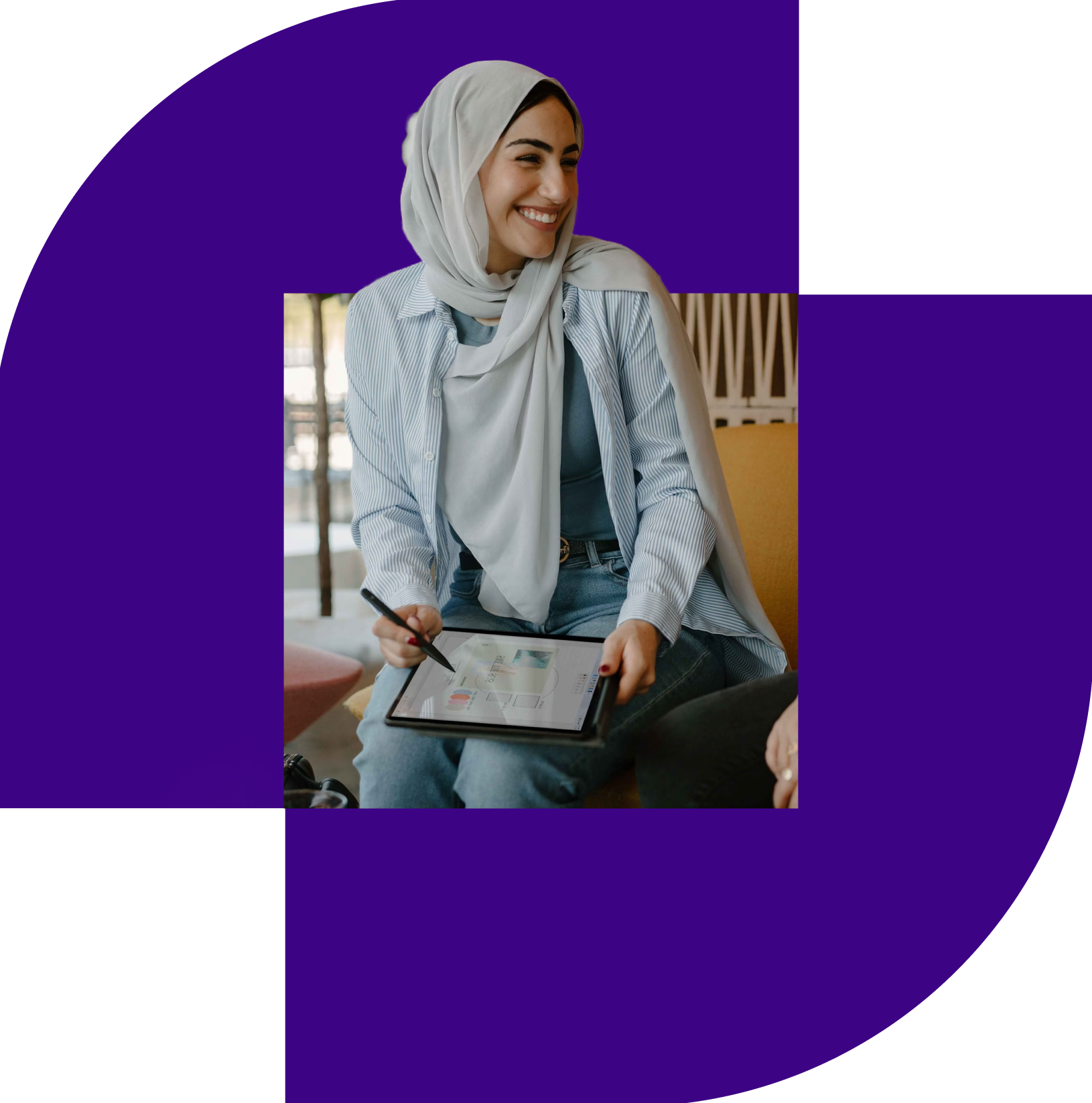- News
- 14 Oct 2025
Irish schools face a ‘homework apocalypse’ because of unregulated Artificial Intelligence, says leading expert
Schools are experiencing a ‘homework apocalypse’ because of the way Artificial Intelligence is being used by students, parents and teachers. This is according to a leading AI and learning expert who is urging schools to learn to embed AI into the classroom before the speed and scale of it overwhelms them.

